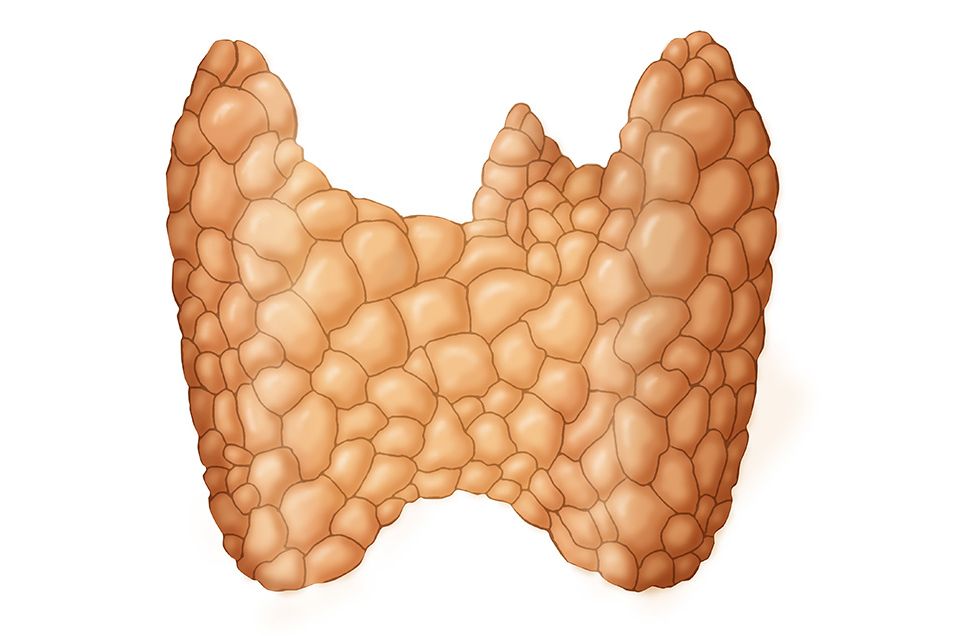6 Autoimmune Diseases That Mess With Your Weight
Autoimmune diseases happen when your body's immune system starts attacking its own organs, tissues, and cells. Although they're on the rise, they're also tricky to diagnose. Symptoms can creep up slowly, and many of them—like achy joints, fatigue, and tummy troubles—overlap with other disorders.
But there's one symptom that many autoimmune diseases share: weight changes. "Almost everyone with an autoimmune disorder has it affect their weight one way or the other," says Mark Engelman, MD, a clinical consultant for Cyrex Laboratories, a clinical lab specializing in functional immunology.
So if the number on the scale suddenly goes up or down with no good explanation, take stock of whether you've experienced any other weird, nagging symptoms, and talk to your doctor if you think an autoimmune disease could be to blame. (Check out these 5 surprising conditions that cause weight gain.) While Engelman notes that just about any autoimmune disease can affect your weight to some extent, here are a few of the most common culprits.

Watch Next


Prince William Gives Rare Update on Kate Middleton

Artificial Sweetener Could Damage Gut Health

How to Heal Your Body With Nutritious Food

The Recommended Age for Mammograms Just Dropped














